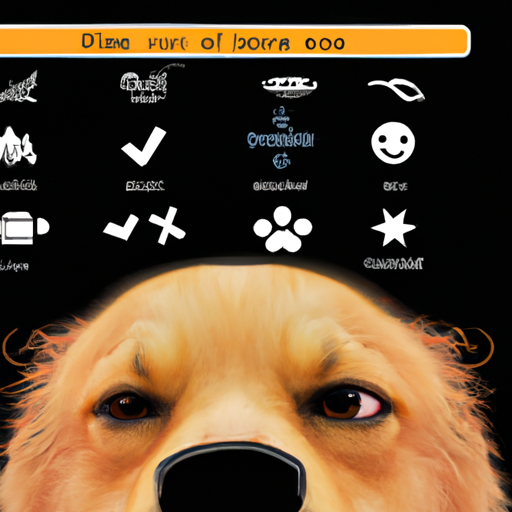Understanding Seborrhea in Dogs
Seborrhea, also known as dog dandruff, is a skin condition that affects your furry friends. It’s characterized by the excessive production of sebum, an oily substance that the skin naturally produces for protection. Sebum, in normal quantities, is beneficial. However, when your dog’s skin starts producing too much of it, things can get problematic.
The Scent of Seborrhea
If you’re wondering about the smell of seborrhea on dogs, it’s not a pleasant one. The scent is often described as musty or rancid. Many compare it to the smell of old, smelly socks or popcorn. This smell comes from the excessive sebum mixing with the normal bacteria and yeast found on your dog’s skin.
Causes of Seborrhea
Seborrhea can be caused due to a variety of reasons. Here are some prominent ones:
- Genetics: If your dog’s parents had seborrhea, there’s a chance they could inherit the condition.
- Allergies: Allergies can cause your dog’s skin to produce more sebum.
- Diet: A diet lacking certain nutrients can lead to seborrhea.
- Underlying health issues: Conditions like hypothyroidism can cause seborrhea.
Treatment for Seborrhea
The treatment for seborrhea involves addressing the root cause. This might mean:
- Changing your dog’s diet
- Using medicated shampoos
- Keeping your dog’s skin clean and dry
- Regular vet check-ups
Your vet might also prescribe some medications to manage the condition.
| Treatment Method | Frequency |
|---|---|
| Diet Change | Immediate |
| Medicated Shampoo | 1-2x weekly |
| Skin Care | Daily |
| Vet Check-Up | Monthly |
Preventing Seborrhea
You can take steps to prevent seborrhea from occurring in the first place. Here are some tips:
- Ensure a balanced diet for your dog, rich in essential nutrients.
- Keep your dog’s skin clean and dry.
- Regular grooming can help reduce the risk of seborrhea.
- Regular vet check-ups can help catch the early signs of seborrhea.
FAQs
What breeds are prone to seborrhea?
Certain breeds like West Highland White Terriers, American Cocker Spaniels, and Basset Hounds are more prone to seborrhea.
Can seborrhea lead to other complications?
Yes, seborrhea can lead to secondary infections if not treated properly.
Is seborrhea contagious to other pets or humans?
No, seborrhea is not contagious.
Can seborrhea be cured?
Seborrhea can’t be cured but can be managed with proper care and treatment.
Does seborrhea cause discomfort to dogs?
Yes, dogs with seborrhea can experience itchiness and discomfort.



